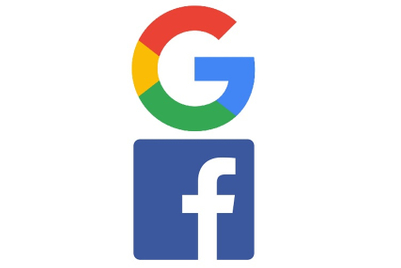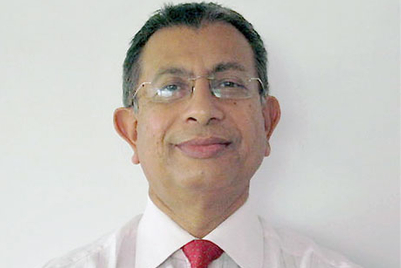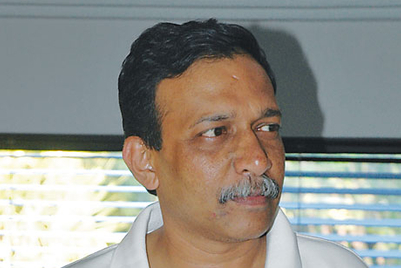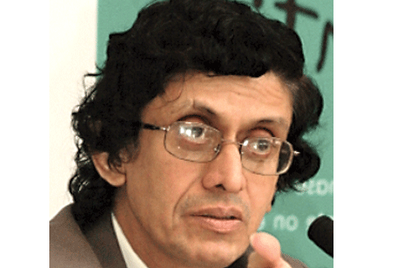
Of late, the calls that I have got from many a PR executive when they want to pitch a story idea, usually begins along the lines, “My client is doing a lot on social media. They have a Facebook campaign, they have x number of fans on their page and a Twitter account with XYZ followers.”
Hearing these eulogies of hectic social media activity, the obvious reaction that comes to mind is—‘So what?’
What’s the value of a fan on Facebook today? What does the number of Facebook fans on your community page imply in turn for your brand’s online engagement?
Can one judge a brand’s online popularity/ success by the number of fans it has garnered on its community page? And how many of those profiles are genuine, anyway?
There are tools available that claim that they can calculate the worth of a Facebook fan, (varying between Vitrue’s estimate of $3.60 annually in equivalent media to $137.80 according to Syncapse in terms of average annualized value of an individual) but I am not getting literal here. Can one look at applying the same metrics that govern traditional media on to online and then hope to draw a linear comparison?
Not every fan is a passionate loyalist/ evangelist for the brands that he/she endorses on Facebook. You have a wide gamut of Facebook behaviour: there is the casual observer, the occasional endorser and then there is your obsessive fan. The question is how do you evaluate the involvement of each of these Facebook constituents to arrive at a somewhat accurate picture of the extent of their engagement?
At a panel discussion recently, a marketer was curious to know if Facebook could push products off the shelf. While he admitted that as a marketer, he was interested in knowing what Facebook could do for his brand, sales was the most significant concern on his mind. There is no easy answer to that question. Is there an immediate call to sales? Is there a return on sustained share of voice on Facebook that somewhere down the line addresses the issue of consumer purchase being linked to Facebook engagement? Is that even a relevant question anymore?
Interestingly, two weeks later, a chat with Mahindra & Mahindra’s Vivek Nayer, who we have featured elsewhere in this issue, revealed a different set of goals for their Facebook community. For the auto major, Facebook is the perfect medium to engage with passionate auto fans for, say, a branded property like the Mahindra Great Escapes; an activity that Nayer describes as an example of perfect online and offline synergy. Would his brand’s Facebook fans prove to be prospective customers, somewhere down the line? Nayer certainly believes so, but that’s not their immediate goal. Facebook allows them to align the values that their brand stands for in the offline world, and drive currency in the online one, where a large part of their audience spends a significant amount of their daily lives.
Facebook isn’t the whole of a brand’s marketing activities; more accurately it is (at the risk of sounding clichéd) part of a constant dialogue, supplemented by what the brand is doing in the traditional media space. To treat it like a medium for one-off campaigns is missing the point and the opportunity.








.jpg&h=268&w=401&q=100&v=20250320&c=1)
.jpg&h=268&w=401&q=100&v=20250320&c=1)
